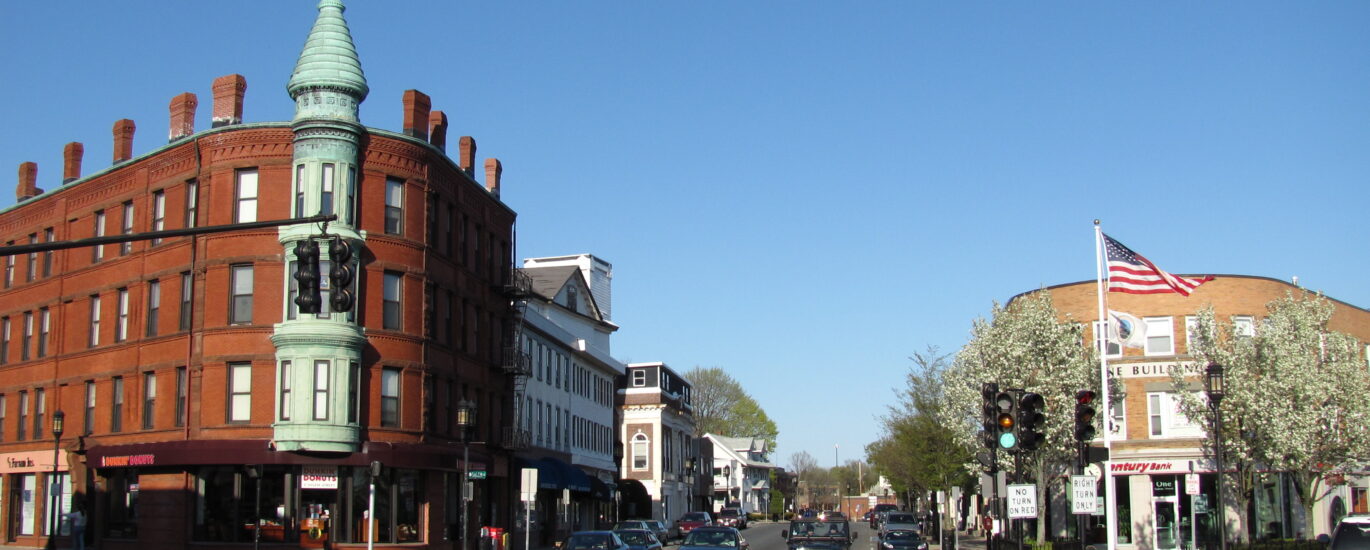Welcome to Medford, Massachusetts, a city steeped in history and architectural beauty. As you stand near the Medford City Hall, close your eyes and imagine the bustling activity that once filled these streets when Medford was a hub of industry and innovation.
Medford was founded in 1630, making it one of the oldest settlements in the United States. Originally a part of Charlestown, it became a separate town in 1674. Its early economy was powered by shipbuilding, brickmaking, and rum production, thanks to its strategic location along the Mystic River. Medford rum was particularly renowned and even mentioned in the famous sea shanty ‘What Shall We Do with the Drunken Sailor.’
One of Medford’s most notable historical figures is Lydia Maria Child, an abolitionist and women’s rights activist. Her 1844 poem ‘Over the River and Through the Wood’ was inspired by her childhood visits to her grandparents’ house here in Medford.
In the 19th century, Medford became a prominent stop along the Underground Railroad. The city’s residents were active in the abolitionist movement, providing shelter and aid to escaped slaves. The Royall House and Slave Quarters, a preserved historic site, offers a poignant reminder of this era.
Medford continued to evolve in the 20th century, transitioning from an industrial center to a suburban community. The construction of major roadways such as Interstate 93 brought new residents and businesses, transforming the landscape of the city.
Today, Medford is a vibrant city that honors its past while looking toward the future. The Medford Historical Commission plays a crucial role in preserving the city’s rich history, ensuring that its stories and structures are not forgotten. From the architectural grandeur of its historic buildings to the tales of courage and change, Medford is a living testament to America’s dynamic history.
So as you walk or drive through Medford, remember that you’re not just passing through a city, but a tapestry of stories that continue to shape its identity and legacy.





